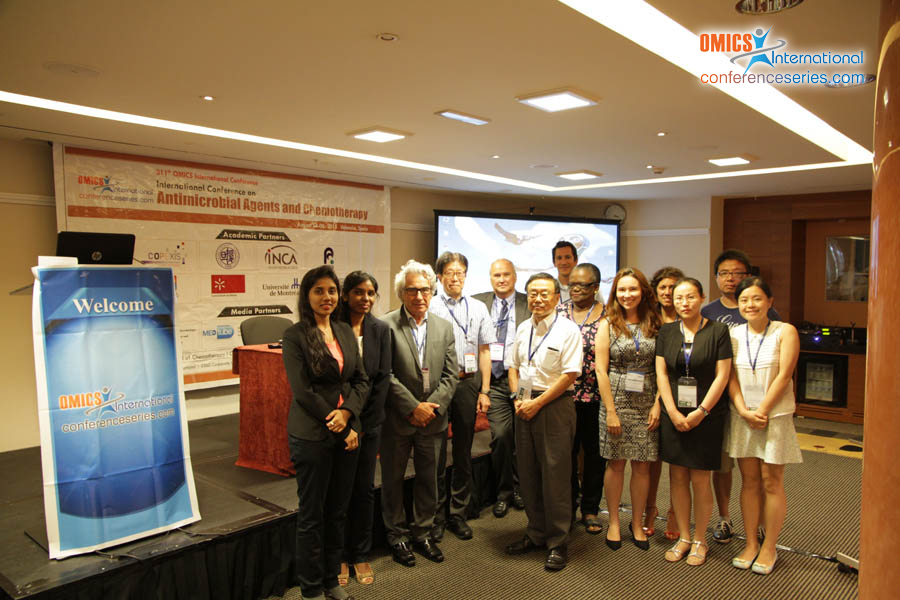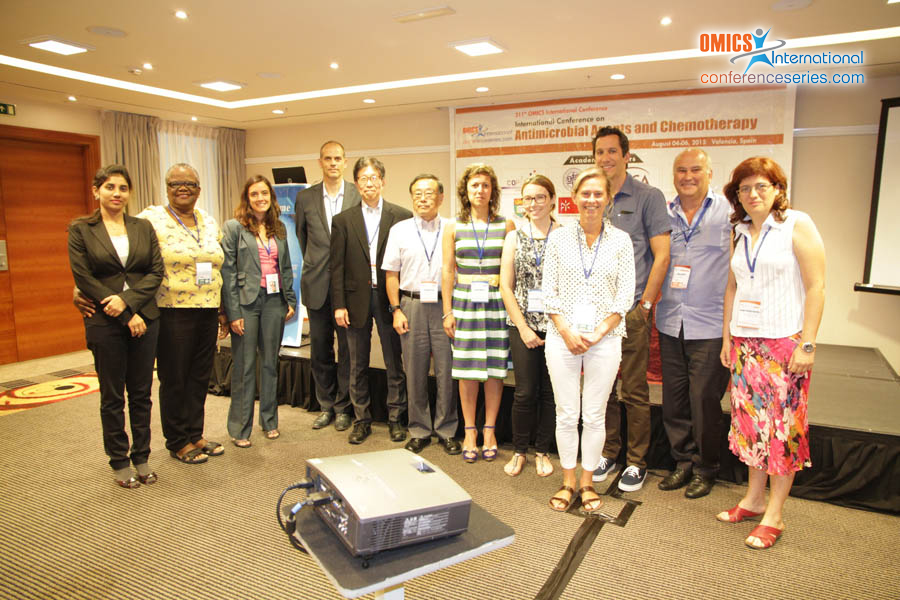
Isabel Portero Sanchez
Complutense University School of Medicine, Spain
Title: The development of cell therapy products for chronic inflammatory diseases: A new approach to an old problem
Biography
Biography: Isabel Portero Sanchez
Abstract
Several cell therapy approaches are being studied for chronic inflammatory diseases that occur in spite of optimal anti-inflammatory and immunosuppressive therapies. Most of them are based on the immunomodulator properties of autologous or allogeneic cells from mesenchymal origin (MSCs). There is a substantial body of evidence that supports this approach, some demonstrating the concept in vivo (proofof concept preclinical/clinical studies) and also mechanisms of action. As a consequence, MSCs are being described as immunomodulator cells. Nevertheless, it is well known that, in fact, MSCs exert a variety of actions depending on the local environment where they are cultured and the environment at the tissues they reach. This has been consistently described in a variety of studies; therefore, it is not only the nature of the cell what defines the function but the conditions in culture and the final environment at target tissues. For example, MSCs can promote inflammation instead of ameliorating it, which could be described as doubleedge sword functionality in the immune system. If environment is important and cells finalize their culture phase in an undifferentiated naïve or unconditioned status, it might be conceivable to precondition cells for SOT in order to direct them towards the immunomodulator phenotype which in addition would increase the likelihood of more specific homing, more potency and less dosage of cells. Currently, several strategies for priming or preconditioning of MSCs towards immunomodulation are being explored. In this paper, the most important strategies are reviewed.


